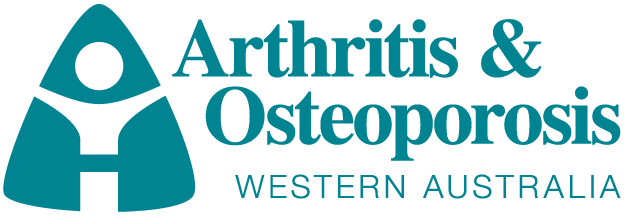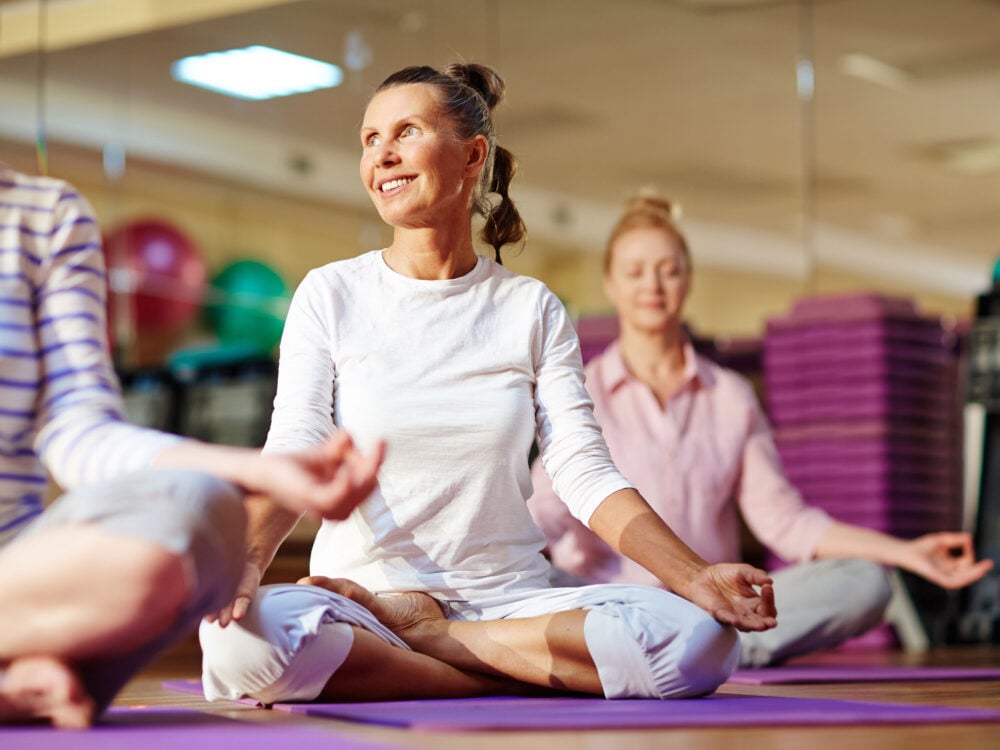In previous pages, you learned about physiotherapy and different exercises to manage JIA symptoms and keep your joints healthy. A key part of keeping JIA in check is to stay active. Practice those exercises every day!
Staying active is good for your overall health, whether you have JIA or not. Physical activity can help keep your heart healthy (cardiovascular fitness), maintain a healthy weight, assist with pain control and improve your sleeping patterns. It can also help improve your general feeling of well-being or mood.
Sports and leisure activities
If you are like most young people with JIA, there should be no restrictions on the types of sports and leisure activities you can do. The one exception would be if you have severe joint damage or neck problems. Talk to your doctor to find out if you have any activity restrictions.
Participating in sports and other leisure activities is an important part of life for many young people. Most important, they allow you to have fun! Sports also help you to have a healthy, active lifestyle, although they do NOT take the place of specific, therapeutic exercises if they have been prescribed. If it is difficult for you to participate in certain sports, try to select sports that are easier on your joints, like swimming. Talk to your doctor or physiotherapist for other suggestions.
You may have found that your ability to participate in sports has changed compared to before your diagnosis. This can be very frustrating and disappointing. If you were playing a sport competitively before and now are unable to compete at that level, you may want to consider a more recreational level of the sport. If you are still very keen on competition, perhaps switching to another sport will allow this. For example, swimming can be very competitive, but is easier on your joints than other sports.
Talk to your health-care team about what activities are important to do. They can tell you how to work towards returning to your previous activities, or whether it may be better to adjust your activities.
Tips on staying active
• You should do at least 30 minutes of physical activity five or more days a week.
• Find an activity that you like to do and get your friends to join you. You are more likely to stick to it if you enjoy it.
• Be realistic in the activities that you choose.
• Start slow and build up your endurance.
• Ask for advice from your physiotherapist or doctor.
• Exercise shouldn’t cause pain in your joints.
• STOP right away if you experience chest pain, dizziness, severe shortness of breath or nausea.
• Most important – HAVE FUN!
For more tips, check out: Australian’s Physical Activity Guidelines for Children and Young People
What are your goals for staying active? Are they SMART goals? Remember that S.M.A.R.T. goals are:
• Specific
• Measurable
• Achievable
• Realistic
• Timely – can be achieved in a realistic time-frame.
A story of hope
“When I was diagnosed with JIA two years ago, I wasn’t doing very well. Not only was I limited physically, but I also had to give up some of my favourite activities. Before I got sick, I played on a basketball team. It was my passion, my favourite pastime. I played for two years with the McLearon MAGICS and had hoped to make the team at my new high school, but training became very difficult for me.
I started having problems just walking. Suddenly, I was completely overcome by my new illness, which had spread throughout most of my body (both my knees, one of my ankles, one of my wrists and my jaw). I couldn’t bend one of my knees, so I was given cortisone injections, physiotherapy and a brace. The brace stretched from my butt to my feet and was very uncomfortable, but I had to wear it every night for several weeks. Then, because the anti-inflammatories weren’t really working, I had to start taking Methotrexate. It’s a very strong drug that gave me a lot of grief with side effects, like stomach ache, nausea and extreme fatigue. I missed several days of school, I couldn’t take gym class and, even worse, I couldn’t play basketball! I didn’t have enough energy to play with my friends or to participate in after-school activities.
Now, two years later, I must say that I’m doing much better. It’s been a long time since I’ve needed a brace, and I’m taking lower doses of medication, which means fewer side effects. I have less pain than before, and although my knees are a little stiff in the morning, they quickly loosen up. I still have to do physio, but it’s easier now. At the beginning, I could only swim, but now I’m slowly starting to do other sports, like cycling, cross‑country skiing, badminton and a few others. I have no more trouble walking, which makes life at school and with my friends a lot easier. Now, I can keep up with the group with no problem. I go shopping with my friends, we hang out downtown, we spend days together at La Ronde and we sometimes even have disco parties at my house, since I can now dance with them.
The message I want to pass on is that, in life, you have to stay optimistic. There will be days that aren’t easy but, with some effort, some determination and a lot of patience, you can overcome your illness. Set small goals at the beginning, and increase them gradually. Be proud of every accomplishment, and use that feeling of pride to help you get through the bad days. Slowly but surely, you’ll see that it gets easier and easier.
After two years, I can see all the progress that I’ve made, and I’m very proud of myself. I still have a ways to go before achieving remission, but I am confident that, before I’ve finished high school, I’ll be back on the school basketball team!”
– Jennifer, age 15




